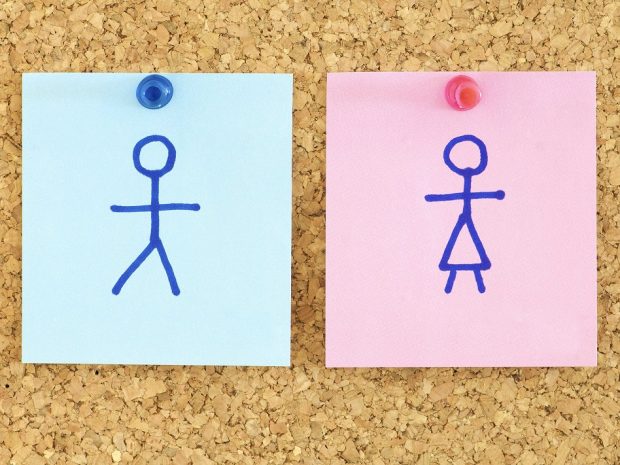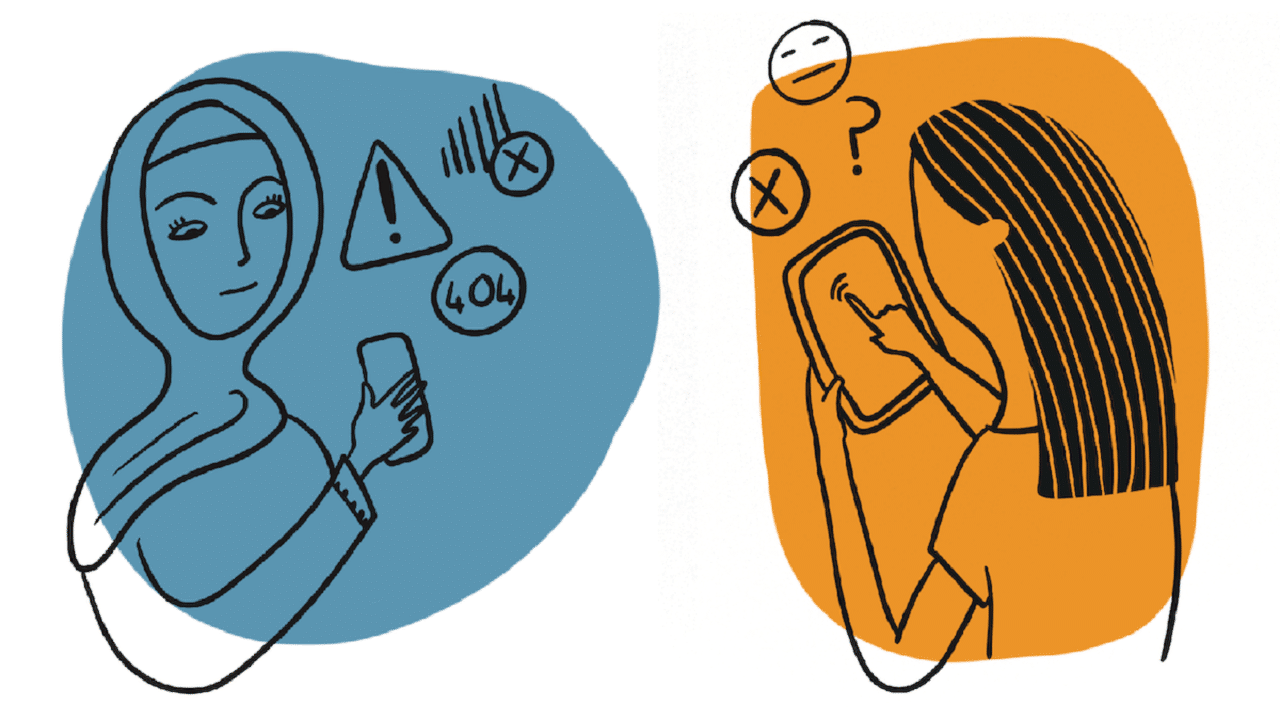According to a recent report, the gender gap digital “Keeps women offline” and it costs billions. The inability to guarantee women a equal access to the internet has cost low-income countries around $ 1tn (£ 730bn) over the past decade and could mean afurther loss of $ 500bn by 2025 if governments do not take action. Here are all the details.
The problem of the digital gender gap

Last year, the governments of 32 countries, including India, Egypt and Nigeria, lost about $ 126 billion of gross domestic product because women were unable to contribute to thedigital economy.
The digital gender divide has cost $ 24 billion in lost tax revenue in 2020. This money could have been invested in health, education and housing, the report said.
Phumzile Mlambo-Ngcuka, former executive director of UN Women and founder of the Umlambo Foundation, said: “We will not achieve gender equality until we close this digital divide that keeps so many women offline and away from the opportunities the internet offers.”
The study, conducted by the World Wide Web Foundation and the Alliance for Affordable Internet, has surveyed 32 low countries e middle income, where the gender gap is often greater.
In those countries, one third of women were connected to the internet compared to nearly half of men. The digital gender divide just got better since 2011, just going down half a point percentage: from 30,9% al 30,4%. Globally, men have the 21% more likely to be online than women. This goes up to 52% in less developed countries, the report said.
Several barriers prevent women and girls from going online, including expensive phones e data rates, social norms, privacy fears, the safety, the protection and the lack of money. Globally, women earn approx 77 cents for every dollar earned by a man.
Poor policies in favor of women
Por governments they have implemented specific policies to give women easier access to the internet, the report added. According to l’Affordability Report 2020 dell’A4AI, more than 40% of the countries he had no policies or significant programs to expand women’s access to the internet.
In addition to limiting opportunities for women and girls, the digital exclusion of women has social impacts ed cheap broader that concern everyone. With hundreds of millions of fewer women able to use the internet, the world is losing social security contributions, cultural ed cheap.
Boutheina Guermazi, Director of Digital Development at the World Bank, added:
Investing in a more inclusive digital future offers leaders a huge opportunity to foster economic growth and create healthier societies by addressing inequalities in education and earning power. For governments looking to build a resilient economy as part of their COVID-19 recovery plans, bridging the digital gender divide should be a top priority.















Leave a Reply
View Comments